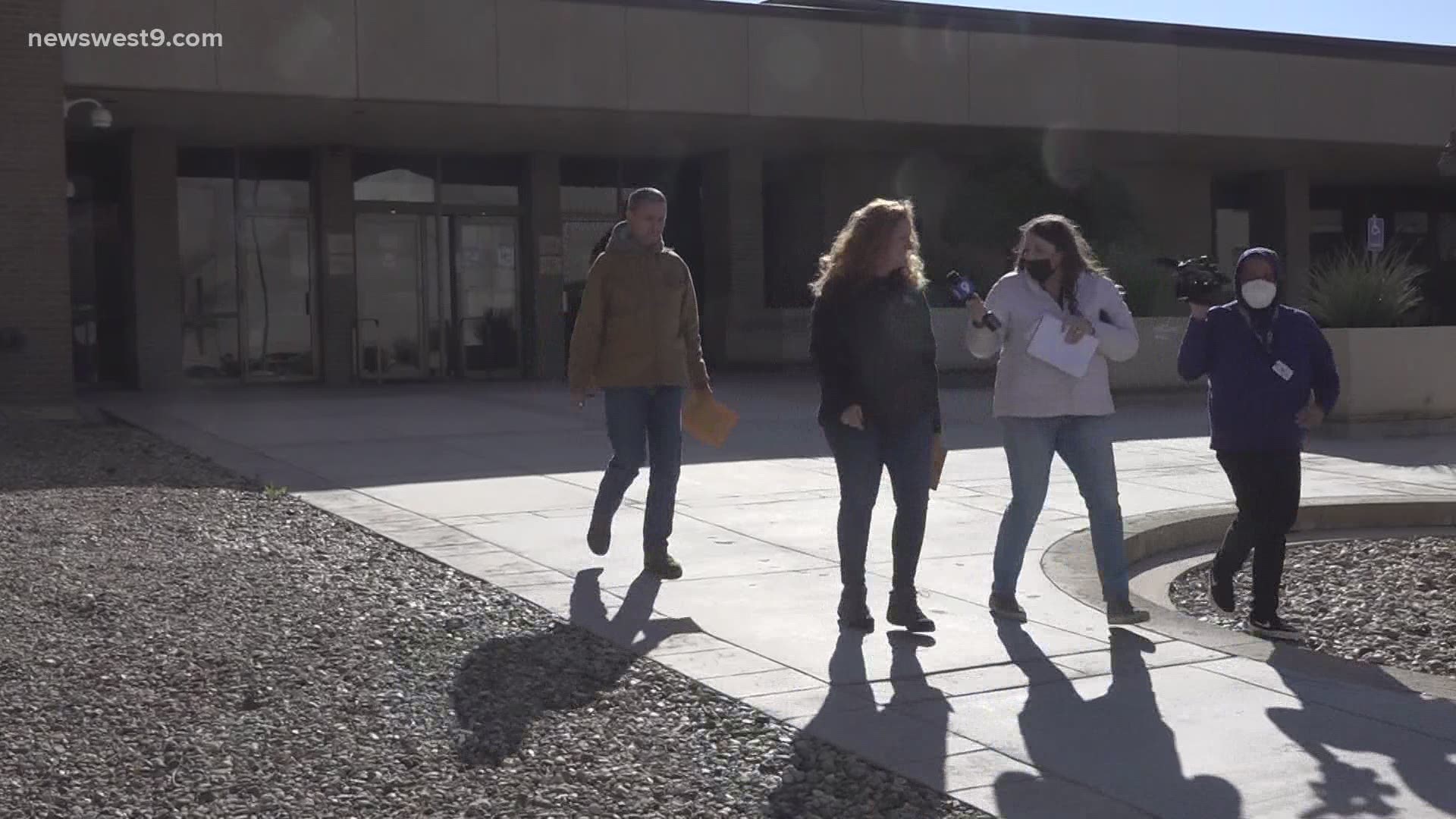MIDLAND, Texas — There are several kinds of bonds that a defendant can be issued.
Some of the most common include a cash bond, a surety bond, and a personal recognizance or P.R. bond. The surety bond is what most people think of when the issue of bonds come up, but with a P.R. bond, Jenny Cudd and Eliel Rosa didn't have to pay a dime after their hearing for their actions in the storming of the Capitol.
RELATED: Cudd, Rosa facing multiple misdemeanor charges in Capitol riots after being arrested by the FBI
"A P.R. bond, it can also be known as a personal bond. It’s a bond that somebody is allowed to bond out of jail without having to go through a bonding company. So to the point, they’re not having to put money up through what’s called a surety bond," Jason Schoel, owner of Schoel Law Firm, said.
The issuance of this bond comes with the assurance that both Jenny Cudd and Eliel Rosa will attend pretrial services and their next hearing. If not, they could face penalties.
"If the court sets a personal or P.R. bond for $5,000, then that person is personally guaranteeing that they’re gonna show up back to court. If they don’t and the judge issues a bond forfeiture, they can enter a judgment against them, and then that person then now has a judgment for $5,000 for failing to show up to court," Schoel said.
Judges can issue P.R. bonds at their own discretion, but the question remains why they would do that.
"Sometimes judges can set it without meeting the statutory reasons and that's usually is are you a danger to society, what is your previous criminal record, are you considered a flight risk, things like that," Schoel said.
However, neither Cudd nor Rosa is getting off totally free. The bond does carry certain conditions with it.
"At least under the state, anytime a judge sets a bond they usually set conditions on the bond. So certain rules that the defendant has to follow while out on bond which can be geographic restrictions, so they can’t leave the area or certain different geographic area, curfews," Schoel said.

